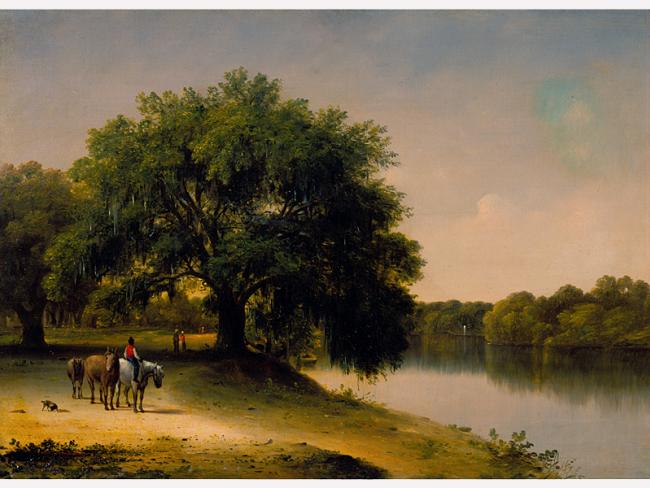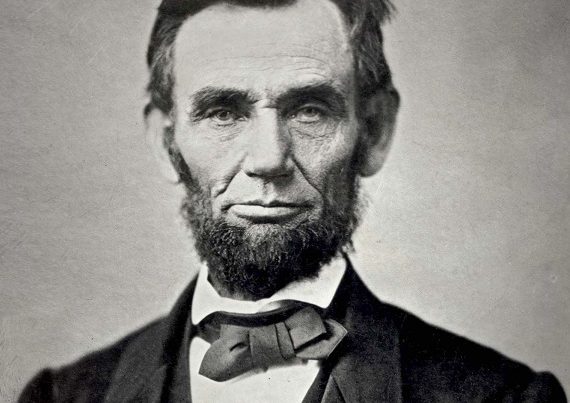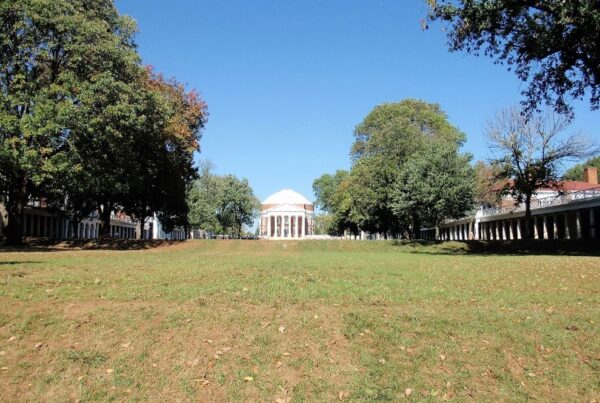A dear friend of mine, a Harp like myself but born and raised in the Deep North, repeated to me for the umpteenth time one of the most persistent of all Southern stereotypes, the duplicitous Southerner. This type is all smiles and sweetness, until the proper time comes to lower the boom. As my friend put it, “No, we are not as polite in the North, but at least we know where the bullet is coming from.” This friend and I taught together at a school in the South whose professional and social environment was challenging to say the least. The enrollment, however, was overwhelmingly Northern expatriates, a point that I never tire of repeating to my skeptical friend. Moreover, I have again and again explained to this friend of mine that the “South” is a very big and very diverse place. Where I grew up in the border Tidewater region, duplicity was not looked upon kindly. Forthrightness was the preferred virtue, and being respected was prized above being respectable. Duplicity almost always resulted in shunning or a right hook. No, duplicity was not our capital sin in the Tidewater, our capital sins were of the Satanic variety: pride, vanity, and arrogance. Still is my friend all wrong? Are there places in the South were duplicity is cultivated like a fine California cabernet? Where the smile and the verbal stiletto are the mainstays of social intercourse? I do know of a place or two like that below the Mason Dixon, but I am still convinced that duplicity is a far more universal fault.
There is a type of duplicity, however, endemic in much of the South that is far worse than moonlight, magnolias, and disparagement. Here I speak of duplicity as unfaithfulness. The current rage to deface and remove all Confederate memory from the South, be it monument, flag, or song, has brought this sort of unfaithfulness to light in an especially ugly and vulgar manner. Here I do not speak of certain denizens of Greater New England and the Left Coast. How well Robert Penn Warren captured them when he wrote, “the Northerner, with his Treasury of Virtue, feels redeemed by history, automatically redeemed. He has in his pocket, not a Papal indulgence peddled by some wandering pardoner of the Middle Ages, but an indulgence, a plenary indulgence, for all sins past, present, and future, freely given by the hand of history“ (The Legacy of the Civil War, 59). Perhaps Mr. Warren understated the situation. Many of the sons and daughters of Greater New England view themselves not only as redeemed, but as the redeemers. It is in their purview to change all existing standards of morality, to make pronouncement upon secular heresies and apostasy, and to excommunicate to the outer darkness all who might dare question their dictates. These folk long ago adopted a Manichean universe of absolute good and absolute evil for their moral compass, yet it is they who assign the values. They need the South, or rather their caricature of the South, desperately. Like the Puritan of old, they must have a devil’s army to fight in the wilderness to affirm them in their sense of mission—a mission, by the way, which will never have an end. There is an elect, and they are it, and there exist a damned, and we know well who they are. This can never change, for the moral universe of the Manichean is a predestined one, the damned shall have no share with the elect. The wizard’s apprentice in this black magic show is the unfaithful one, the “Good Southerner.”
The “Good Southerner” has much in common with his cousin the “Good Indian.” The “Good Indian” was that Native American who agreed to settle his wandering ways and adopt the ways of the European. During the wars on the Plains, the “Good Indian” stayed on the reservation, learned to farm, occasionally scouted for the U. S. Calvary, and for his efforts received spoiled rations, whiskey, and a Henry rifle. His less “good” countrymen held him in suspicion and contempt for abandoning the paths of his fathers. The trap the “Good Indian” found himself in was truly pathetic. No matter how high he rose on the ladder of “civilization,” no matter how obsequious he was to his white masters, he remained an Indian. Phil Sheridan, the maker of war upon women and children in Virginia’s Shenandoah Valley captured the predicament quite well, “The only good Indians I ever saw were dead.” The “Good Southerner” is a more sinister and less sympathetic type. He adopts the simplistic, Manichean, moral vision of his cultural imperator and condemns any and all things that his betters condemn. If the Northern Myth of the War must replace the Southern Myth of the War then so be it, and the truth be damned. If the monuments are to come down, the flags forever furled, and the songs effaced, then to it man! Our ancestors were villains and the moral imperators must be appeased! But of course they shall never be appeased; the elect are always in need of the damned in order to be affirmed.
The “Good Southerner’s” duplicity lay in his unfaithfulness. He cares not a whit about the half-truths and detractions hurled at his ancestors, or for the distortion of history. There is money to be made, foreign industry to attract, basketball tournaments to host, bowl games to sponsor. His ancestors who are deserving of pietas for their virtues and achievements and understanding and forgiveness for their sins and defects (for who among us is without sin?) instead have been dishonored. The South was once, together with Ireland, the last non-material civilization in the West; now it has certain sons and daughters more than willing to put the patrimony up for sale, for it is always about money and power with the secular puritan and the “Good Southerner” on the make. The “Good Southerner” is the ultimate secessionist, for he has undertaken a secession of the heart. He is less pathetic and more sinister because he not only allows his enemy to define him; he welcomes this alienation as a sign of redemption and acceptance. He no longer remembers who he is, and is happy for his ignorance of and alienation from his history and his culture. He has become like the character Rex Mottram from Brideshead Revisited, not a complete man at all, just the bits and pieces of one, the rest traded for pottage.
Yes, the Puritan and the “Good Southerner” are in the saddle and they ride us hard; as Dr. Robert M. Peters suggests, they have been an even worse ravage than the War, Reconstruction, the Period of Desolation, and the Depression—they are the ravage of Modernity. To us now belongs the task of restoration so that the garden may yet again, in the words of Dr. Peters, “produce, for the time appointed unto it, the fruits which nurture the human spirit and which foreshadow the Garden of which there will be no end.” Just have a mind to fence out the “Good Southerner.”








” The “Good Southerner” is the ultimate secessionist, for he has undertaken a secession of the heart. He is less pathetic and more sinister because he not only allows his enemy to define him; he welcomes this alienation as a sign of redemption and acceptance.”
This is my all-time favorite article every published by the Abbeville Institute, and there were many, many excellent ones.
I actually heard of some Northerner who said, “I hate the South *SO* much that I can never ever leave it”!
Got to have something to hate, I guess. Like the article said.
I feel that there is one reason why many Northern people dislike the South.
Northerners “think” while Southerners “feel”! I understand that these two traits are not compatible with each other.
Too, what is not accepted is projected out into the outer world. Thus if someone does not develop feelings along with the mind, the feelings remain “immature”. Thus the South is often seen by such people as backward and immature. Read: redneck, hillbilly, and white trash.
Thus if they wish to have their feelings “grow up”, they might well wish the entire South to
GROW UP!
That is, to grow up according to the Notherners definition of what it means to grow up!
Just think, [and feel!] where this is going to go maybe. Northerners and many “converted” Southerners might end up living in barren rooms and embracing AL and mind-computer interface. To try to live for 100 years eating only what is “good” for you, like no deserts, sugar, milk, meat and carbs.